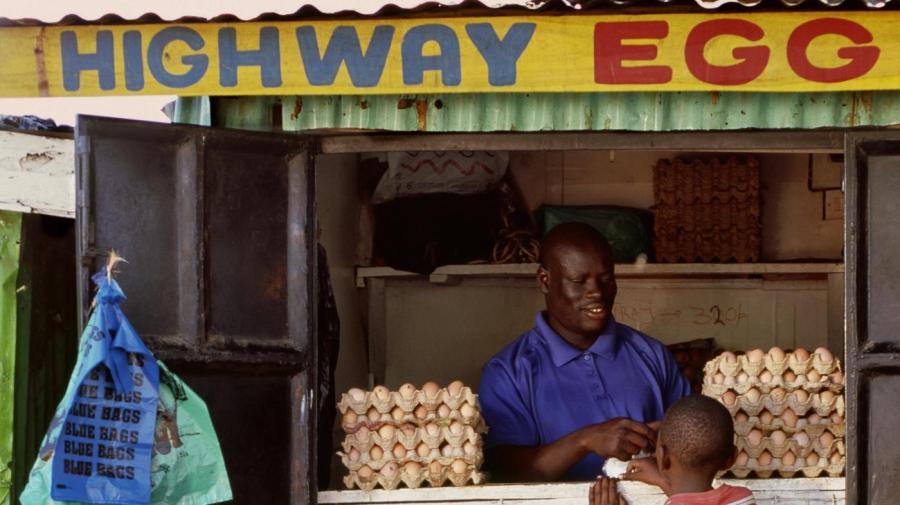How Does Poverty Affect the Economy?

Poverty compromises the market’s access to skilled labor which is essential for production of needed goods and services. Poor people lack access to good health care, which presents challenges in workforce productivity. The economy also spends more on health care for people who can’t afford it. Further, poverty poses greater demands for the criminal justice system, which reduces productivity of those incarcerated and results in property damage for those affected.
Most people living in poverty lack access to a good education. Many uneducated people are unable to secure employment and contribute to economic growth by aiding production. This also inhibits certain sectors of the market that require higher education.
A study from the Center for American Progress in 2007 found that childhood poverty trimmed productivity and economic output by 1.3 percent of gross domestic product yearly. Moreover, some kids who grow up poor are more likely to become criminals. This links poverty to higher costs of incarceration.
According to a study published by CNN in 2006, children are the most hurt by poverty, with those under the age of 5 more likely to live in abject poverty. Uninsured kids are more susceptible to health complications, such as obesity, heart disease and asthma, which continue to haunt them into their adulthood. Surging poverty levels cause substantial economic consequences on all taxpayers, including the wealthy.





